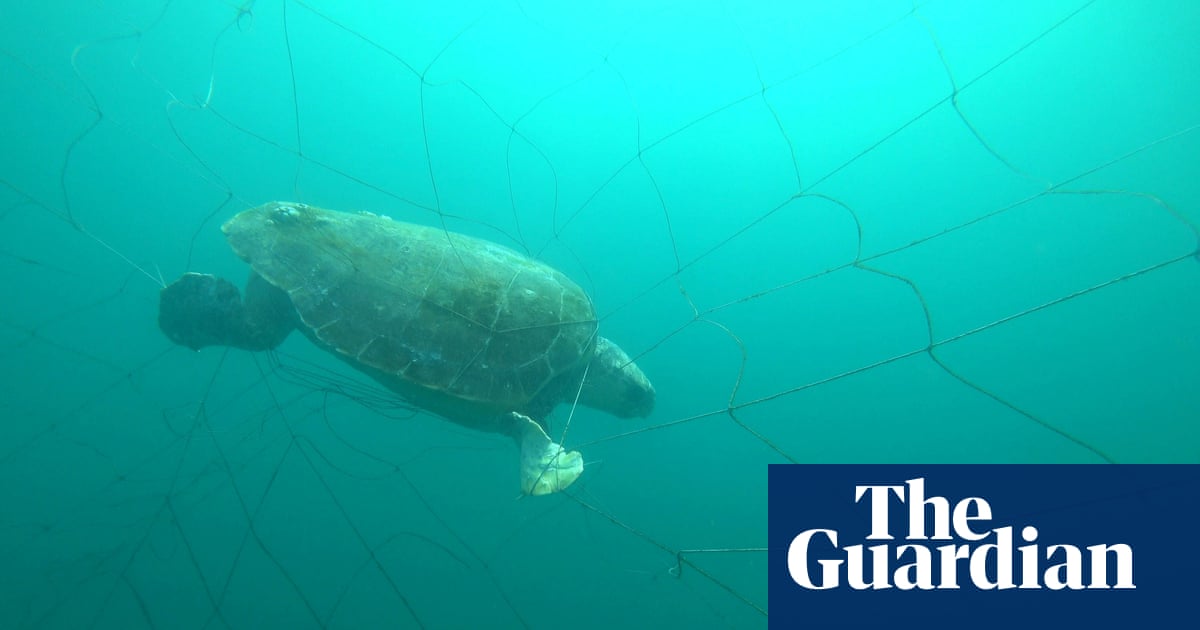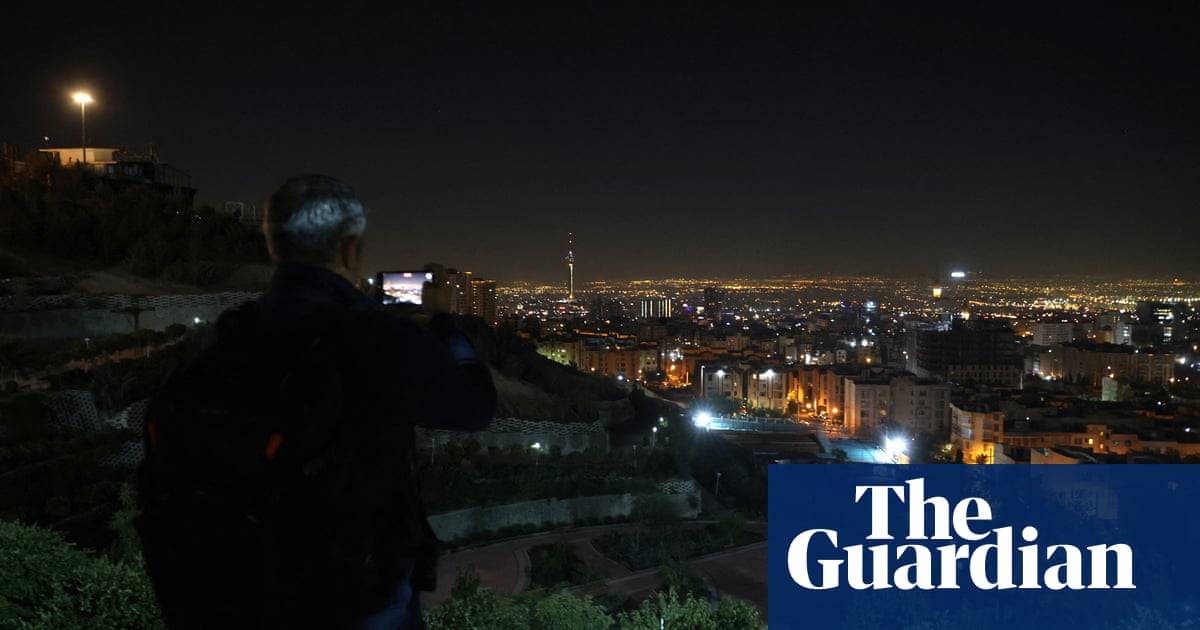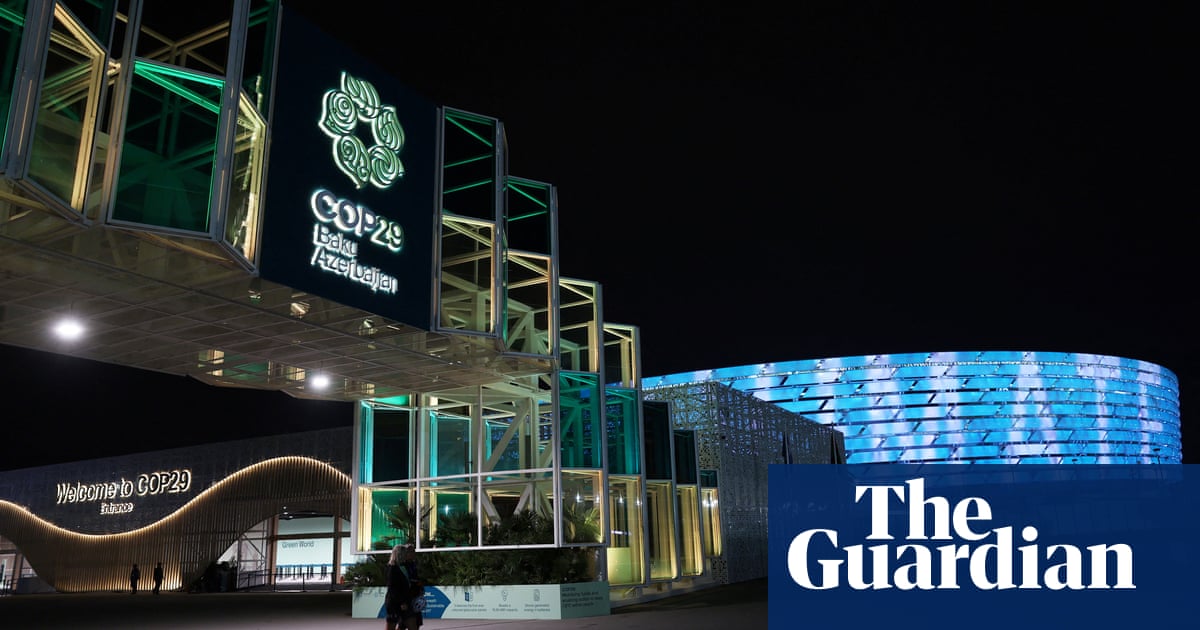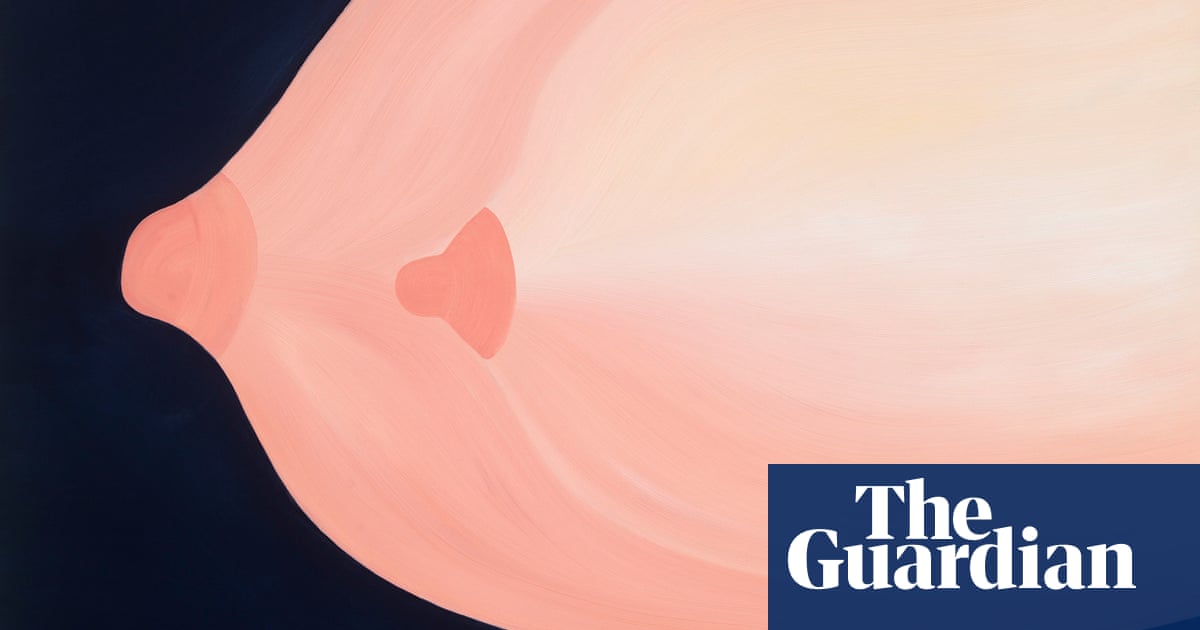More than 90% of marine animals caught in shark nets off New South Wales beaches over the summer were non-target species, with new documents revealing division within the government over the controversial program.
More than half of the 208 non-target species – such as turtles, dolphins and smaller sharks – that were caught in the nets over the past eight months were killed, data obtained by conservationists show.
The 134 dead animals included five critically endangered grey nurse sharks, four endangered leatherback turtles and an endangered loggerhead turtle, according to the figures released on Tuesday as the nets were removed for another year.
The data, obtained by Humane Society International under the state’s information access laws, show that of the total non-target animals caught, only 74 animals or 36% were released alive.
There were 15 target animals caught; three tiger sharks and 12 great white sharks, with five of these killed. The conservation group said no target shark species were caught at any of Sydney’s metropolitan beaches.
Under NSW’s shark meshing program, nets are installed at 51 beaches between Newcastle and Wollongong from 1 September to 30 April every year.
Before the nets were installed last year, the department of primary industries (DPI) advised the agriculture minister, Tara Moriarty, that the nature of the nets used meant the catch of non-target species was “unavoidable”.
Briefing documents prepared by the department for Moriarty, seen by Guardian Australia, also show the shark nets are considered a “key threatening process” because of how many non-target species, or “bycatch”, are affected.
“The catch in the shark meshing program has always and continues to be dominated by non-target animals. The average ratio of bycatch to the catch of target sharks … in recent years has been approximately 12:1,” one of the briefs said.
The nets were rolled out last year despite the government saying it would wait until it received feedback from eight coastal councils before making a decision.
A brief prepared by the environment department in August last year, seen by Guardian Australia, says the DPI “initially offered coastal councils the option to opt out of shark nets” deployed in their area but then backflipped.
“On 21 August 2023, [Moriarty] announced that the nets would go back in on 1 September for the full meshing season, to allow DPI to gather further data to make better informed decisions about possible changes,” the brief said.
These possible changes could include removing nets in select council areas in the 2024-2025 season, according to the brief.
A government spokesperson on Monday said the department was incorrect to say councils were offered the chance to opt out of the program.
“Last year DPI conducted formal consultation with relevant councils regarding shark management, including their willingness to be involved in future administration,” the spokesperson said.
“As trials of new technologies are proven to improve safety outcomes for swimmers, the government will consider support for the reassessment of shark nets to move towards new technologies.”
The environment minister, Penny Sharpe, has privately voiced her support for ending the use of shark nets.
Sharpe wrote to Moriarty before the 2023-2024 shark meshing season began, proposing their respective agencies work together with local councils on a “staged approach to remove” the nets.
“I understand work with local councils is progressing to allow them to decide whether to continue to use shark nets in their local areas,” Sharpe wrote in a letter seen by Guardian Australia.
“Giving councils the choice to opt out of shark nets empowers local communities to decide the best mix of shark protection measures for their area.”
Envoy Foundation conservationist Andre Borell, who obtained the documents under the state’s information access laws, said Sharpe should “stand up for the environment publicly”.
“A letter in the background I don’t feel is enough,” Borell said. “We would love for them to be more public about that instead of leaving it all to the community and NGOs.”



